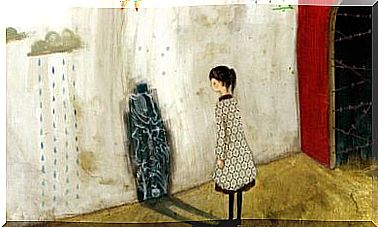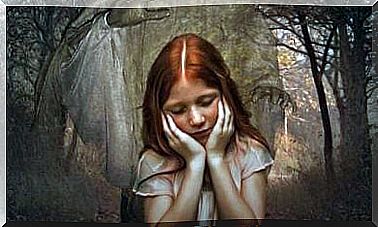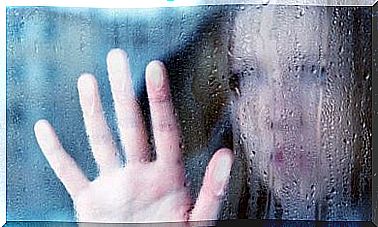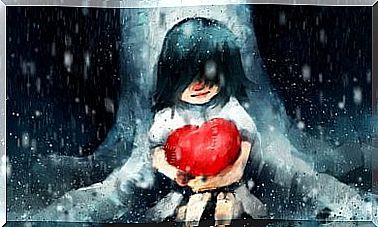Escape Room And Psychology
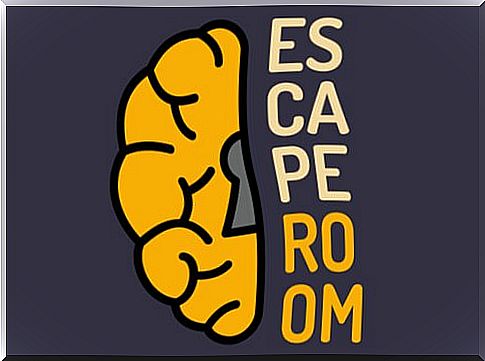
Escape room, or live escape game, is a term that refers to a fashion phenomenon in which psychology plays a fundamental role. It is a game in which a group of people locked in a room must find their way out by following some clues. All within a set time limit.
This playful adventure combines psychological processes, physical activity and social cohesion. These kinds of activities are also a great example of how teamwork helps solve problems that cannot be solved on their own (at least in a reasonable time). The mechanism behind an escape room offers us a food for thought with which to realize that to advance in our society we need to rely on others and collaborate.
The rooms of an escape room take us into a parallel reality that transforms us into investigators. First of all, you listen to a story, a different one for each room; we take a few seconds to become the protagonists of the adventure. So, suddenly and almost without realizing it, we find ourselves with our group in a room with a mission: to get out.
That’s when the real game begins, which is finding a way out before the allotted sixty minutes have passed (usually). Clues can be found everywhere: under tables, hidden inside books, inside double-bottomed drawers, etc. The best way to start playing is to assign different tasks to party members and write down clues that can be crucial as you progress through your quest.
Although the escape games were originally designed for adults, minors from the age of 14 are allowed to participate, provided they are accompanied by an adult. This is a great opportunity to enjoy a common activity despite the age difference. Nowadays there are escape rooms intended for children only, set up on different themes and enjoying great success.
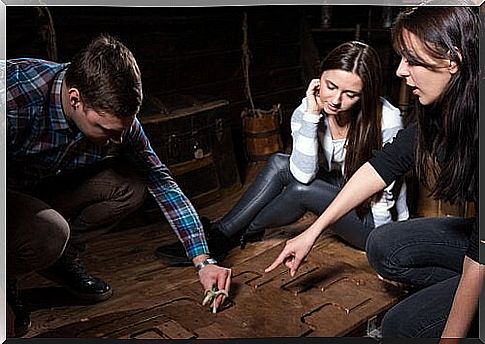
The origin of the escape rooms
The escape room has its roots in the first video games for personal computers. As an alternative to the poor graphics quality of the first computers, games called text games were produced. In them, together with a simple still image, a condition, a situation, an interaction with a character was described in writing… At the end of each exhibition, different options appeared, composing the different possible alternatives in front of the described situation. Based on the choice made, the game proceeded in different directions.
Many of these text games were escape games: you had to make the right and correctly linked decisions to save your life, that of a princess, escape from a prison or kill the villain. These games have evolved over time and perhaps their essence has also changed under the supremacy of more dynamic and fantastic games.
However, the situation changes with the arrival of the playful repertoire of mobile phone games, in which the user’s entertainment stands out above estimates, graphics, duration or price. This format, which had been discarded by other platforms, such as video games, is thus recovered. In 2008 in Japan, live escape games appeared for the first time, that is, in real rooms.
Escape room and psychology
The first escape room as we know it today opened its doors in Budapest (Hungary) in 2001 thanks to Attila Gyurkovics. He created a game known as Parapark, in which a group of people had to find a way out of a room within a limited time.
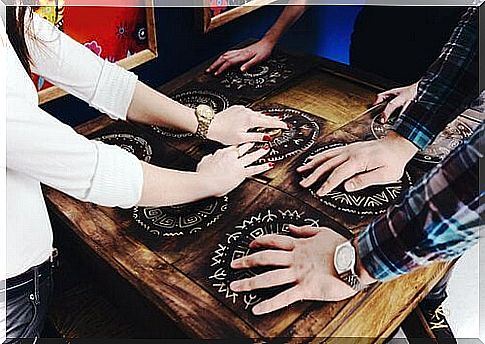
The stream of consciousness or optimal experience is a state in which the person is completely absorbed in an activity for pure pleasure, during which time flies and actions, thoughts and movement follow one another. The state of stream of consciousness occurs when a balance is produced between the challenges of the activity faced and the skills one has.
The flow of consciousness theory holds that if we are immersed in a leisure activity and there is a balance between our skills and the challenges presented to us, we enter a state of mind where everything flows. At that moment, time seems to advance very quickly and ideas arise free in our mind.
Many people claim to have started flowing while participating in an escape room, as described in Mihály Csíkszentmihályi’s theory of the flow of consciousness. After all, we are talking about alternative leisure spaces whose sole objective is to make the participants who accept the challenge spend a pleasant hour. In light of their purpose, live escape games are enjoyable, regardless of the outcome.
Being able to escape, obtaining results that provoke immediate satisfaction (finding a key with which to open a drawer, solve a puzzle or open a lock) pleases us and encourages us to continue in the game. We focus on the challenge we have in our hands and remove worries related to the outside world from our minds.

